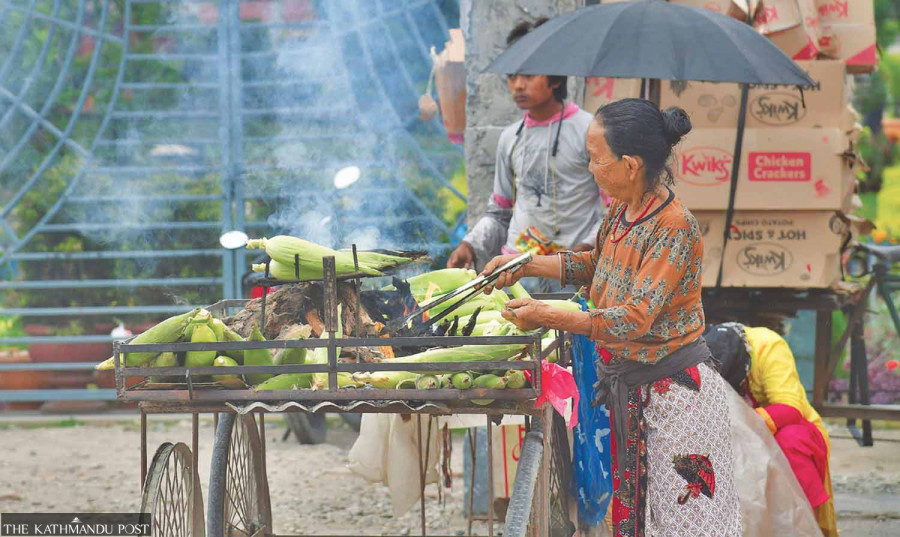Editorial
Crunching effects of inflation
The adversely affected are always those at the bottom of the economic pile.
Nepal Oil Corporation on Saturday decided to hike the prices of petrol, diesel and kerosene by Rs10 per litre each, dashing any hopes people had of seeing a drop in the prices of everyday goods and services. Over the past few months, rising costs have consistently eroded the value of money and heaped pressure mainly on lower and medium-income households. They constitute a large section of Nepalis who have had to bear the brunt of continuously rising prices. In any given situation, the adversely affected are always those at the bottom of the economic pile.
Inflation, primarily driven by higher fuel prices, saw a surge due to the ongoing war between Russia and Ukraine and hasn’t abated. Fuel prices had been gradually rising even before the war due to high demand by countries shaking off the slowdown brought on by months of lockdown to prevent the spread of Covid-19. But equipped with a formidable excuse of the war and disruption in supplies being imminent due to the West’s policy of banning Russian oil imports—the repercussions of such a decision have been felt far beyond the shores of Europe.
Since Nepal is dominantly an import-based economy, inflation in the country can be attributed mainly to dearer imports. With prices soaring not just of fuel but of essentials too, the government is gradually witnessing the impact of over-reliance on imports, faulty policies in managing imports and exports, and the systemic destruction its policies have wreaked on once-thriving businesses that contributed to the national economy through exports. Rising inflation now means a direct hit in all areas of economic activity in the country.
Higher prices across all sectors means less incentive to undertake any such activities. In turn, this will inadvertently impact the nation’s GDP, shaving off a few percentage points. Despite the economic downturn and financial hardships faced by the people, Finance Minister Janardan Sharma sees absolutely no reason for concern. He has been stating for some time now that Nepal’s economy would, in fact, grow by 7 percent, contrary to what economists believe. With the country just having concluded the local elections, politicians are wary of saying anything. Despite the complex ground reality, they seem to possess unneeded optimism, which can have the opposite effect.
Well, not all is doom and gloom with rising fuel prices. Gulf nations flush with cash may need more migrant workers to revive their sluggish economies. When the country's dwindling foreign exchange reserves is giving the government sleepless nights, news of the possibility of a revival in remittance earnings would be music to its ears. But in the meanwhile, while we wait for the tide to turn, policymakers need to seriously think of ways to revamp the economy in more ways than simply relying on remittance and tourism.




 10.12°C Kathmandu
10.12°C Kathmandu













